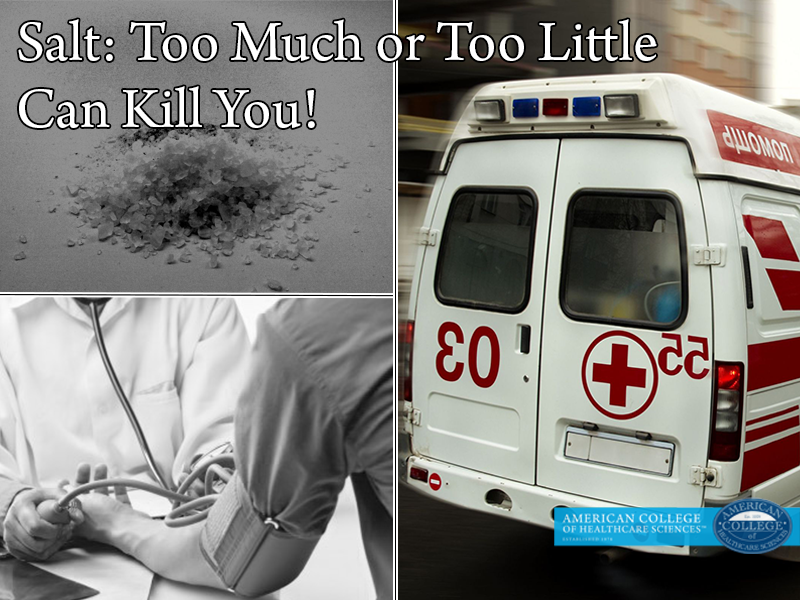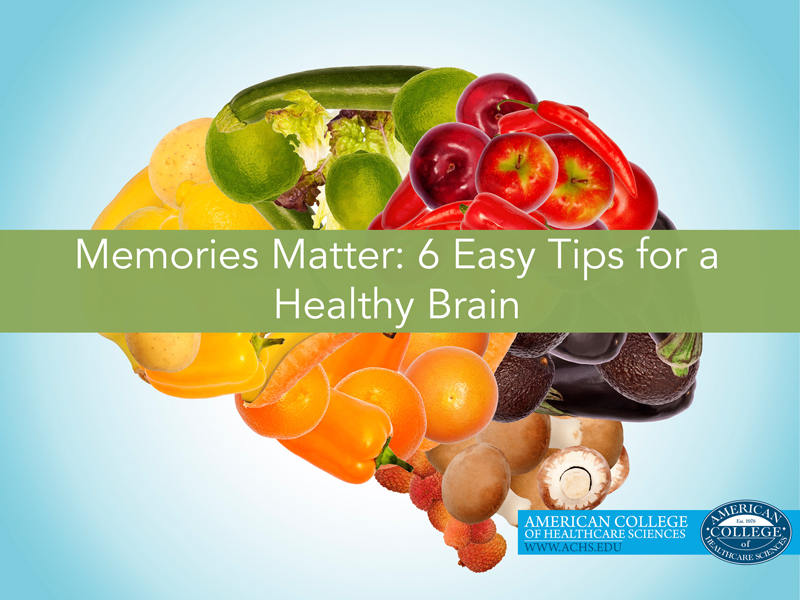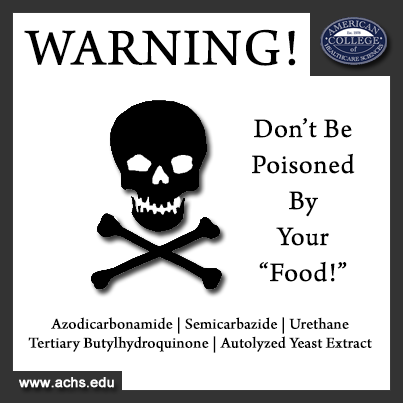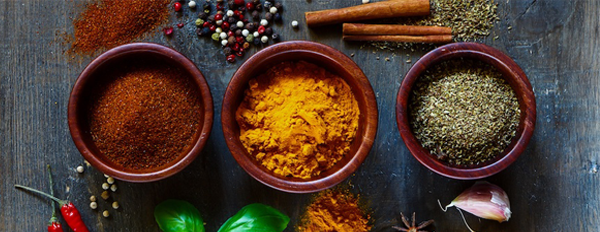I was traveling in India in the ’90s when I first discovered the power of salt. It was extremely hot and my legs started to swell so badly my ankles were the same size as my thighs…. Now that is a bad look!
I visited an Ayurvedic doctor and was told, “Oh, you need to add salt to your diet.” In my naturopathic training, I had been taught to avoid salt and had covered all of the dangers of a high-sodium diet. But, I followed the Ayurvedic doctor’s advice, and within a day, my ankles were back to normal.
Battles have been fought over salt, so there has to be more to this story right?
Like you, I think a lot about what I am eating. Am I eating enough greens? Too much sugar? Am I getting enough fiber and enough protein? How much sodium do you need? It’s no easy task to objectively assess your diet, especially with all the conflicting information out there. So what is the final word on salt in our diets?
A new study out of the New England Journal of Medicine (NEJM) suggests that current recommendations to lower your sodium intake could be unhealthy.[1] However, two other studies also published in the NEJM continue to reinforce the nutritional wisdom that too much sodium can have serious impacts on your cardiovascular health.[2][3] Upon reading this, my first thought was: Great. Something new to worry about!
Conflicting Advice
You might recall that for years we were told that eating high cholesterol foods, such as eggs, led to higher cholesterol levels, and that higher cholesterol levels could lead to heart disease.
It’s true. Higher cholesterol levels do increase your risk of heart disease. But, it turns out that eating foods high in cholesterol doesn’t cause your cholesterol levels to increase like previously thought. Current research now suggests that limiting your cholesterol intake can actually increase your risk of heart disease.[4]
Is Salt the New Cholesterol Myth?
We’ve been told for years that increased salt intake results in higher blood pressure, and that high blood pressure is attributed with higher risk for heart disease, stroke, and other conditions.[5]
Currently, the American Heart Association (AHA) recommends that we consume a maximum of 1,500 milligrams of sodium per day. They also report that, currently, most American’s consume approximately 3,400 milligrams per day! Essentially, we’re consuming double the recommended amount.
Heart disease is a leading cause of death in America, but once again, two new findings have health enthusiasts rethinking their dietary choices:
- The New England Journal of Medicine (NEJM) study tracked over 100,000 individuals from more than a dozen countries for an average of three years. Their conclusion was: individuals who consumed less than 3,000 milligrams of sodium per day had a 27% higher risk of death or serious event than those who consumed 3,000 to 6,000 milligrams of sodium![6]
- In 2013, the Institute of Medicine, which advises Congress on health issues, reported finding no evidence that reducing sodium intake below 2,300 milligrams reduced the risk of heart disease.[7]
These new findings have some experts re-thinking the recommended sodium intake. Is salt bad for you like previously thought? Or is salt good for you? But before you run out for that fresh, warm, extra-extra-salt pretzel…
This new research doesn’t necessarily mean that you should stop paying attention to your sodium intake. After all, if anything is clear, it’s that too much or too little salt can pose severe health risks.
What to Do? Eat Real Food.
So how can we avoid all of this? Or, at least, mitigate our risk? By maintaining our holistic nutrition and eating a balanced diet of real, organic, whole foods! After all, salt and cholesterol naturally occur in a lot of our food. For example, did you know that:
- 100 grams of scrambled eggs (approximately two eggs) contains 145 milligrams of sodium and 277 milligrams of cholesterol[8]
- 100 grams of frozen assorted vegetables (approximately ½ cup), unsalted, contains 48 milligrams of sodium and 0 milligrams of cholesterol[9]
- 100 grams of beets contains 78 milligrams of sodium and 0 milligrams of cholesterol[10]
- 100 grams of creamed cottage cheese contains 364 milligrams of sodium and 17 milligrams of cholesterol[11]
- 100 grams of cheddar cheese contains 644 milligrams of sodium and 102 milligrams of cholesterol[12]
- 100 grams of spinach contains 79 milligrams of sodium and 0 milligrams of cholesterol[13]
- 100 grams Swiss chard contains 213 milligrams of sodium and 0 milligrams of cholesterol[14]
- 100 grams of balsamic vinaigrette contains 966 milligrams of sodium and 0 milligrams of cholesterol[15]
- 100 grams of beef tenderloin steak (approximately 3½ ounces) contains 57 milligrams of sodium and 92 milligrams cholesterol[16]
- 100 grams of shrimp contains 111 milligrams of sodium and 189 milligrams of cholesterol[17]
Do any of these surprise you? Let me know in the comments!
[1] O'Donnell, M., Mente, A., Rangarajan, S., McQueen, M. J., Wang, X., Liu, L., . . . Yusuf, S. (2014). Urinary sodium and potassium excretion, mortality, and cardiovascular events. N Engl J Med, 371(7), 612-623. doi:10.1056/NEJMoa1311889
[2] Mente, A., O'Donnell, M. J., Rangarajan, S., McQueen, M. J., Poirier, P., Wielgosz, A., . . . Yusuf, S. (2014). Association of urinary sodium and potassium excretion with blood pressure. N Engl J Med, 371(7), 601-611. doi:10.1056/NEJMoa1311989
[3] Mozaffarian, D., Fahimi, S., Singh, G. M., Micha, R., Khatibzadeh, S., Engell, R. E., . . . Powles, J. (2014). Global sodium consumption and death from cardiovascular causes. N Engl J Med, 371(7), 624-634. doi:10.1056/NEJMoa1304127
[4] Attia, P. (2012, July 17). How did we come to believe saturated fat and cholesterol are bad for us? The Eating Academy [Personal Blog]. Retrieved from: http://eatingacademy.com/nutrition/how-did-we-come-to-believe-saturated-fat-and-cholesterol-are-bad-for-us
[5]American Heart Association. (2014). Why blood pressure matters. Retrieved from http://www.heart.org/HEARTORG/Conditions/HighBloodPressure/WhyBloodPressureMatters/Why-Blood-Pressure-Matters_UCM_002051_Article.jsp
[6] O'Donnell, M., Mente, A., Rangarajan, S., McQueen, M. J., Wang, X., Liu, L., . . . Yusuf, S. (2014). Urinary sodium and potassium excretion, mortality, and cardiovascular events. N Engl J Med, 371(7), 612-623. doi:10.1056/NEJMoa1311889
[7] Sodium intake in populations. (2013). (Brief). Institute of Medicine of the National Academics.
[8] United States Department of Agriculture. (n.d.). National Nutrient Database for Standard Reference: Release 27. USDA: Agricultural Research Service, United States Department of Agriculture. Retrieved from: https://www.nal.usda.gov/
[9] Ibid
[10] Ibid
[11] Ibid
[12] Ibid
[13] Ibid
[14] Ibid
[15] Newman's Own. (2014). Balsamic Vinaigrette. Newman's Own. Retrieved from: http://www.newmansown.com/products/newmans-own-balsamic-vinaigrette-dressing/
[16] United States Department of Agriculture. (n.d.). National Nutrient Database for Standard Reference: Release 27. USDA: Agricultural Research Service, United States Department of Agriculture. Retrieved from: https://www.nal.usda.gov/
[17] Ibid






